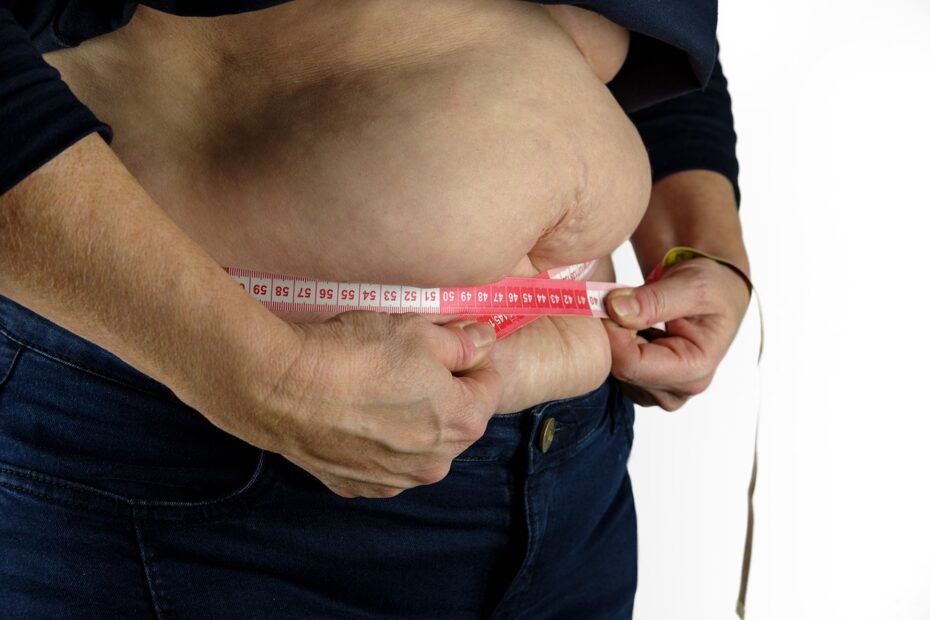Last Updated on September 6, 2023 by kavin
In the battle against obesity, weight loss surgery has become an increasingly popular option for those struggling to shed excess pounds and regain their health. Two of the most common surgical procedures for weight loss are gastric sleeve and gastric bypass. Both surgeries have their merits and considerations, and choosing the right one depends on various factors unique to each individual. In this comprehensive guide, we will explore the differences between gastric sleeve and gastric bypass surgeries to help you make an informed decision on your weight loss journey.
Understanding Obesity
Before delving into the specifics of these surgeries, it’s essential to understand the severity of obesity and why surgical interventions are sometimes necessary. Obesity is not just a cosmetic concern; it’s a complex medical condition that can lead to numerous health problems, including heart disease, diabetes, and sleep apnea. When diet and exercise alone prove ineffective, weight loss surgery can provide a lifeline to those seeking a healthier life.
Gastric Sleeve Surgery
What Is Gastric Sleeve Surgery?
Gastric sleeve surgery, also known as sleeve gastrectomy, is a minimally invasive procedure that involves removing a significant portion of the stomach to create a smaller, sleeve-shaped stomach pouch. This restriction in stomach size limits the amount of food a person can consume, leading to reduced calorie intake and subsequent weight loss.
Benefits of Gastric Sleeve Surgery
- Rapid initial weight loss
- Improved appetite control
- Lower risk of malabsorption issues
- Lower risk of nutritional deficiencies
Considerations for Gastric Sleeve Surgery
- Irreversible procedure
- Potential for acid reflux
- Limited long-term data
Gastric Bypass Surgery
What Is Gastric Bypass Surgery?
Gastric bypass surgery, also known as Roux-en-Y gastric bypass, is a more complex procedure that involves creating a small stomach pouch and rerouting a portion of the small intestine to connect to the pouch. This results in reduced food intake and decreased nutrient absorption.
Benefits of Gastric Bypass Surgery
- Significant and sustained weight loss
- Improved weight-related health conditions
- Enhanced long-term success
- Reduced hunger sensation
Considerations for Gastric Bypass Surgery
- Higher risk of complications
- Permanent alterations to digestive anatomy
- Potential for nutrient deficiencies
Making the Right Choice
Choosing between gastric sleeve and gastric bypass surgery is a critical decision that should be made in consultation with a qualified healthcare professional. Factors to consider include your current health status, weight loss goals, lifestyle, and potential risks associated with each procedure.
It’s important to note that no single surgery is suitable for everyone. Some individuals may benefit more from the rapid weight loss offered by gastric sleeve surgery, while others might prefer the sustained, long-term effects of gastric bypass. Your surgeon will help you assess your unique circumstances and make an informed choice.
Conclusion
Weight loss surgery can be a life-changing decision for individuals battling obesity. Gastric sleeve and gastric bypass surgeries both have their advantages and disadvantages. Ultimately, the choice between them depends on your individual needs and goals. Consult with a medical professional to determine which procedure is right for you, and take the first step toward a healthier, happier life.
FAQs (Frequently Asked Questions)
- Is gastric sleeve surgery reversible?
- No, gastric sleeve surgery is not reversible. Once a portion of the stomach is removed, it cannot be reattached.
- How much weight can I expect to lose after gastric bypass surgery?
- Weight loss varies from person to person, but on average, individuals can expect to lose 60% to 80% of their excess body weight.
- Are there dietary restrictions after these surgeries?
- Yes, both gastric sleeve and gastric bypass surgeries come with dietary restrictions. Your surgeon will provide detailed guidance on post-operative dietary changes.
- Can I have a baby after weight loss surgery?
- Yes, it is possible to have a healthy pregnancy after weight loss surgery, but it is recommended to wait at least 18 months to ensure stable weight loss.
- What is the recovery time for these surgeries?
- Recovery times can vary, but most patients can return to their normal activities within a few weeks after surgery.
